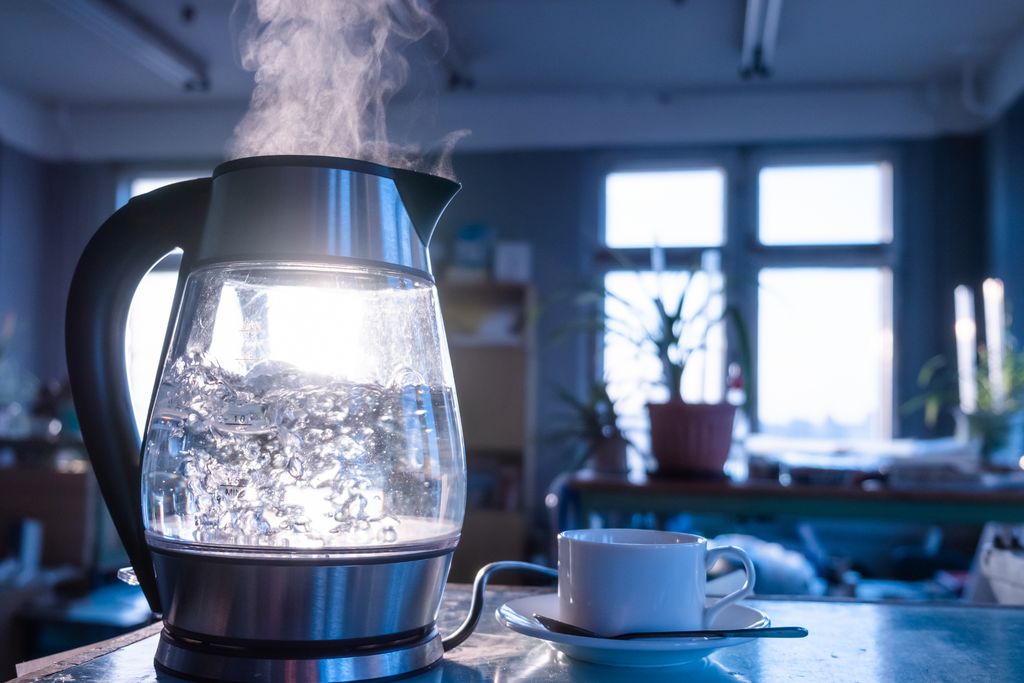
Coffee, that aromatic elixir, is an integral part of our daily lives. Whether you're an ardent coffee lover or someone who simply enjoys a cup now and then, you've probably wondered what makes a cup of coffee exceptional. The answer might surprise you: water. Yes, the often-overlooked ingredient in your morning brew plays a pivotal role in crafting that perfect cup of joe. In this article, we'll delve into the intricate relationship between water and coffee, exploring how water quality, temperature, and more influence the brewing process. So, grab your favorite mug and let's embark on a journey to uncover the secrets behind brewing exceptional coffee.
Understanding the Basics
The Importance of Water Quality
When it comes to brewing exceptional coffee, the quality of the water you use is paramount. Tap water varies greatly in mineral content, and these minerals can significantly impact the taste of your coffee. Ideally, you should opt for filtered water or bottled water with a balanced mineral composition.
Temperature Matters
Coffee brewing is a delicate dance of chemistry, and temperature plays a starring role. The water temperature should be between 195°F and 205°F (90°C to 96°C) to extract the flavors effectively. Water that's too hot can lead to over-extraction, resulting in bitter coffee, while water that's too cold can leave you with a weak and underwhelming brew.
The Coffee-to-Water Ratio
Achieving the perfect coffee-to-water ratio is an art form. The general rule of thumb is one to two tablespoons of coffee grounds per six ounces of water. This ratio can be adjusted to suit your personal taste preferences.
Brewing Time
The brewing time is the duration during which the coffee grounds are in contact with water. The ideal brewing time ranges from 2 to 4 minutes, depending on the brewing method. A longer brew time can result in bitterness, while a shorter time may leave your coffee tasting weak.
The Brewing Process
Extraction and Solubility
During brewing, water acts as a solvent, extracting soluble compounds from coffee grounds. These compounds include acids, sugars, lipids, and more. The type and amount of compounds extracted depend on factors such as water temperature and brewing time.
The Role of Minerals
Minerals in water, such as calcium and magnesium, can enhance the flavor of coffee. These minerals act as catalysts, promoting the extraction of desirable compounds while buffering against over-extraction.
pH Levels
The pH level of water can impact the acidity of your coffee. Ideally, water should have a slightly acidic pH of around 7. If the pH is too high, your coffee may taste flat, while overly acidic water can result in a sour brew.
Achieving Coffee Excellence
Experimenting with Water
To brew exceptional coffee, don't be afraid to experiment with different types of water. Consider using bottled spring water or invest in a water filter that can help you tailor the mineral content to your liking.
Brewing Methods
Different brewing methods, such as pour-over, French press, or espresso, require varying water temperatures and extraction times. Explore these methods to discover which one suits your taste buds best.
Water and Bean Quality
High-quality coffee beans deserve high-quality water. Invest in fresh, whole beans and pair them with pristine water for a coffee experience that transcends the ordinary.
In the world of coffee, water is not just a humble ingredient; it's the unsung hero that brings out the best in your brew. By understanding the nuances of water quality, temperature, and brewing techniques, you can elevate your coffee game to new heights. So, the next time you savor that exceptional cup of coffee, remember the vital role that water plays in transforming those beans into a liquid masterpiece.

Leave a comment